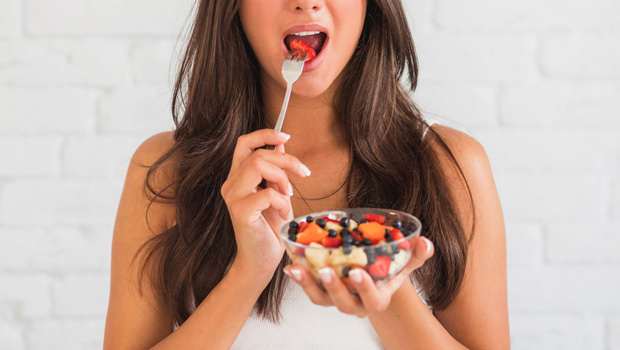lareddepathways.com – Healthy skin is not just a result of topical treatments and skincare routines; it also reflects what we put into our bodies. Nutrition plays a pivotal role in skin health, affecting everything from hydration and elasticity to the prevention of acne and signs of aging. This article explores the connection between diet and skin health, highlighting key nutrients and dietary habits that contribute to a radiant, youthful complexion.
The Connection Between Diet and Skin Health
The skin is the body’s largest organ, and it relies on a steady supply of nutrients to function properly. A diet rich in vitamins, minerals, antioxidants, and essential fatty acids can help maintain skin health, while nutritional deficiencies can lead to various skin problems.
Key Nutrients for Healthy Skin
1. Vitamin C
Vitamin C is crucial for the production of collagen, which keeps the skin firm and elastic. It also acts as an antioxidant, protecting the skin from damage caused by free radicals. Foods high in vitamin C include oranges, strawberries, bell peppers, and broccoli.
2. Vitamin E
Vitamin E is another powerful antioxidant that helps protect the skin from UV damage and environmental pollutants. Nuts, seeds, spinach, and avocados are good sources of vitamin E.
3. Omega-3 Fatty Acids
Omega-3 fatty acids are essential for maintaining the skin’s lipid barrier, which helps retain moisture and prevent dryness. They are also anti-inflammatory, which can help reduce acne and skin redness. Fatty fish like salmon, as well as flaxseeds and walnuts, are excellent sources of omega-3s.
4. Zinc
Zinc is important for wound healing and has anti-inflammatory properties that can help with acne. It also supports the skin’s natural renewal process. Zinc-rich foods include oysters, beef, pumpkin seeds, and lentils.
5. Antioxidants
Antioxidants like beta-carotene, lycopene, and selenium help protect the skin from oxidative stress, which can lead to premature aging. Foods high in antioxidants include carrots, sweet potatoes, tomatoes, and Brazil nuts.
Dietary Habits for Better Skin
1. Hydration
Drinking plenty of water is essential for maintaining skin hydration. Aim for at least 8 glasses of water per day, and more if you are active or live in a hot climate.
2. Balanced Diet
A balanced diet that includes a variety of fruits, vegetables, whole grains, lean proteins, and healthy fats provides the nutrients your skin needs to thrive.
3. Limit Sugar and Processed Foods
High intake of sugar and processed foods can lead to inflammation and glycation, which damages collagen and elastin. Limiting these foods can help maintain skin elasticity and reduce acne.
4. Moderate Sun Exposure
While vitamin D from sunlight is important for overall health, excessive sun exposure can damage the skin. Moderate your time in the sun and always wear sunscreen to protect your skin.
5. Probiotics
Probiotics can help balance the gut microbiome, which is linked to skin health. Incorporating fermented foods like yogurt, kefir, sauerkraut, and kimchi into your diet can support a healthy gut and, in turn, healthy skin.
Conclusion
Eating your way to better skin is about nourishing your body from the inside out. By focusing on a diet rich in vitamins, minerals, antioxidants, and essential fatty acids, you can support your skin’s health and radiance. Remember, nutrition is just one piece of the puzzle, and a comprehensive approach to skin care that includes proper hydration, sun protection, and a healthy lifestyle will yield the best results.

